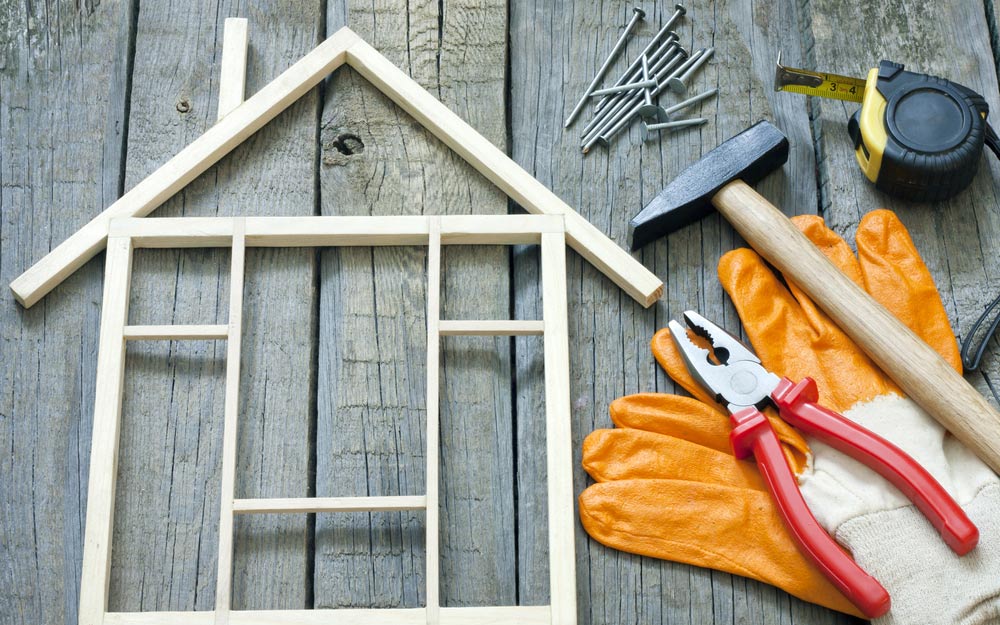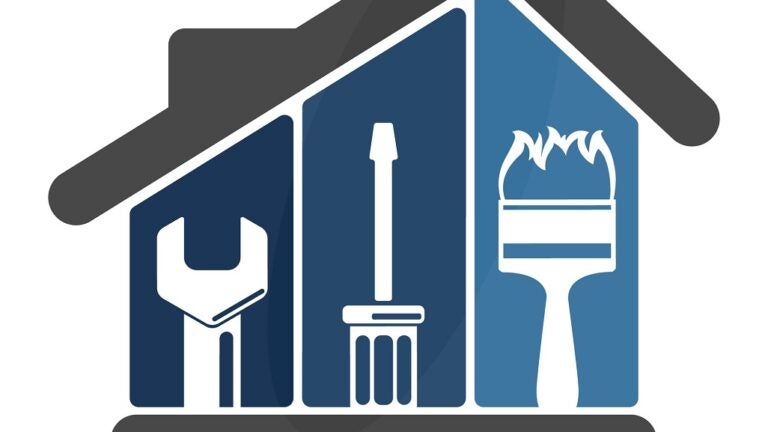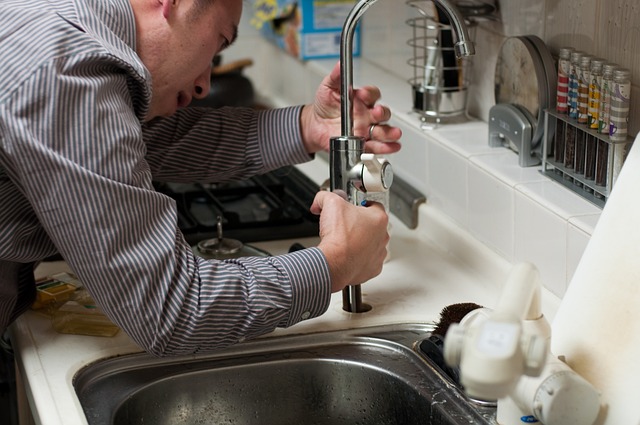
In today's era of environmental consciousness, the transition towards renewable energy sources has become a paramount priority.
To aid individuals in embracing this shift, this guide provides detailed instructions on installing solar panels.
By following these steps, readers will gain the knowledge necessary to navigate the decision-making process, set a suitable budget, select a reputable provider, purchase the required equipment, and prepare the installation area.
Empowering individuals to harness the power of solar energy, this guide serves as an invaluable resource in the pursuit of a sustainable future.
Deciding on Solar Power
When considering solar power, it is important to evaluate the feasibility and practicality of implementing solar panels. Weighing options and evaluating the benefits are crucial steps in making an informed decision.
Solar power offers numerous advantages, including reduced reliance on traditional energy sources, cost savings, and environmental benefits. By harnessing the power of the sun, solar panels can generate clean and renewable energy, helping to mitigate climate change and reduce carbon emissions. Additionally, solar panels can provide energy independence, allowing individuals and businesses to have more control over their electricity production and consumption.
Evaluating the financial aspects, such as the cost of installation, potential energy savings, and available incentives, is also essential in determining the viability of solar power.

Setting a Budget
To effectively plan for the installation of solar panels, it is imperative to establish a budget. Calculating costs and exploring financing options are crucial steps in this process. Here are four key considerations when setting a budget for solar panel installation:
- Calculate the upfront costs: Determine the total cost of purchasing and installing the solar panels, including any additional equipment or components required.
- Explore financing options: Research different financing options such as loans, leases, or power purchase agreements (PPAs) to determine which option aligns with your financial goals and capabilities.
- Consider long-term savings: Factor in the potential savings on your energy bills over the lifespan of the solar panels, as this can help offset the initial investment.
- Evaluate available incentives and rebates: Research local, state, and federal incentives and rebates that can help reduce the cost of installing solar panels.
Choosing a Reputable Provider
A crucial step in the process of installing solar panels is selecting a reputable provider that can ensure the highest quality products and services.
When choosing a provider, it is important to conduct a reputation comparison and consider customer reviews. Reputation comparison involves researching different providers, looking at their track record, and considering their experience in the industry. This can help determine their reliability and credibility.
Customer reviews are also invaluable in assessing the provider's performance and customer satisfaction. Reading about other customers' experiences can provide insight into the provider's professionalism, responsiveness, and overall service quality.
It is advisable to choose a provider with positive customer reviews and a strong reputation in the market. Taking the time to select a reputable provider will ensure a smooth and successful installation process.
Purchasing the Solar Panels
After selecting a reputable provider, the next step in the process of installing solar panels is to purchase the necessary equipment. This step involves considering various purchasing options and exploring financing options that can help make the investment more affordable.
Here are some key points to consider when purchasing solar panels:

- Research different brands and models: Take the time to compare different solar panel brands and models to find the one that best meets your needs in terms of efficiency, durability, and warranty.
- Consider the installation process: Ensure that the solar panels you purchase are compatible with your roof structure and can be easily installed by professionals.
- Evaluate pricing and warranties: Compare prices from different suppliers and consider the warranty offered with the panels. It is essential to choose high-quality panels that will provide long-term benefits.
- Explore financing options: Look into financing options such as solar loans, leases, or power purchase agreements that can help make the upfront costs more manageable and provide flexibility in payment terms.
Preparing the Installation Area
The preparation of the installation area is crucial for the successful implementation of a solar panel system. Before starting the installation process, it is important to conduct a thorough site inspection. This involves assessing the area's suitability for solar panel installation, taking into account factors such as sunlight exposure, shading, and structural integrity.
Optimizing efficiency is a key goal during the preparation stage. This includes identifying any potential obstacles or obstructions that may reduce the amount of sunlight reaching the panels, such as nearby trees or buildings. Additionally, ensuring that the installation area is clear of debris and properly leveled is essential for the stability and performance of the solar panel system.
Proper preparation sets the foundation for a successful and efficient solar panel installation.
Frequently Asked Questions
How Long Does It Take for Solar Panels to Start Generating Electricity?
Solar panels start generating electricity as soon as they are exposed to sunlight. The time it takes for them to reach peak efficiency depends on various factors such as sunlight intensity, panel quality, and optimal placement.
Are There Any Government Incentives or Tax Credits Available for Installing Solar Panels?
Yes, there are government grants and financial incentives available for installing solar panels. These incentives vary by country and region, but they can include tax credits, rebates, and subsidies to help offset the cost of installation and encourage the shift towards renewable energy.
What Is the Average Lifespan of Solar Panels?
The average lifespan of solar panels is typically around 25 to 30 years. However, it is important to note that over time, panels can experience average degradation of around 0.5% per year and may require periodic maintenance.
Can I Install Solar Panels on a Flat Roof?
Yes, solar panels can be installed on a flat roof. This installation method offers several benefits such as easier access for maintenance and cleaning, increased energy production due to optimal positioning, and reduced shading from nearby structures or trees.

Is It Possible to Use Solar Panels to Power My Entire Home, Including Heating and Cooling Systems?
Yes, it is possible to use solar panels to power your entire home, including heating and cooling systems. Solar panels can be integrated into urban infrastructure and used for portable devices, providing a sustainable and efficient energy solution.